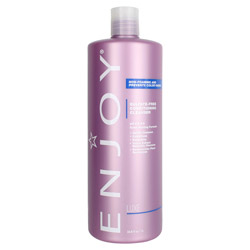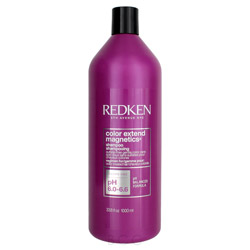2024 (8)
Ingredient: Sulfates
- Sodium Lauryl Sulfate or SLS; Sodium Laureth Sulfate or SLES
- Ammonium Lauryl Sulfate; Sodium Myreth Sulfate; TEA Laureth Sulfate.
There is evidence they may play a role in hormonal imbalances, Parkinson's and Alzheimer's. Sulfates may cause irritation for those with sensitive skin or skin conditions such as eczema or dandruff. They may also be lurking in your conditioner, body wash, and even toothpaste.
Sulfates are what cause the sting when you get some shampoo in your eyes. They can strip hair of natural oils. However, sulfates do a really great job of cleaning your hair. It's a trade off. So, if you are prone to itchy flaky scalp or skin, have eczema, have chemically damaged or color treated hair, it's is probably best to avoid products with sulfates.
If you have normal, healthy hair, then using a shampoo that contains sulfates is a matter of preference. If you just don't feel clean without lots of suds, then look for less irritating sulfates. The least irritating sulfate is Sodium Myreth Sulfate, followed by TEA Laureth Sulfate, Sodium Laureth Sulfate, and Sodium Lauryl Sulfate. The most likely to irritate is Ammonia Laureth Sulfate. Just be sure to condition hair after shampoo.
Sulfate shampoos generally should not be used on hair extensions. Because this hair isn't attached to your head, it doesn't receive the benefits of the natural oils from your hair. Sulfates may dry out extensions and strip them of their color.

 write a review
write a review

 write a review
write a review
